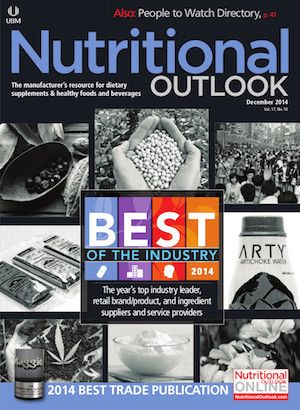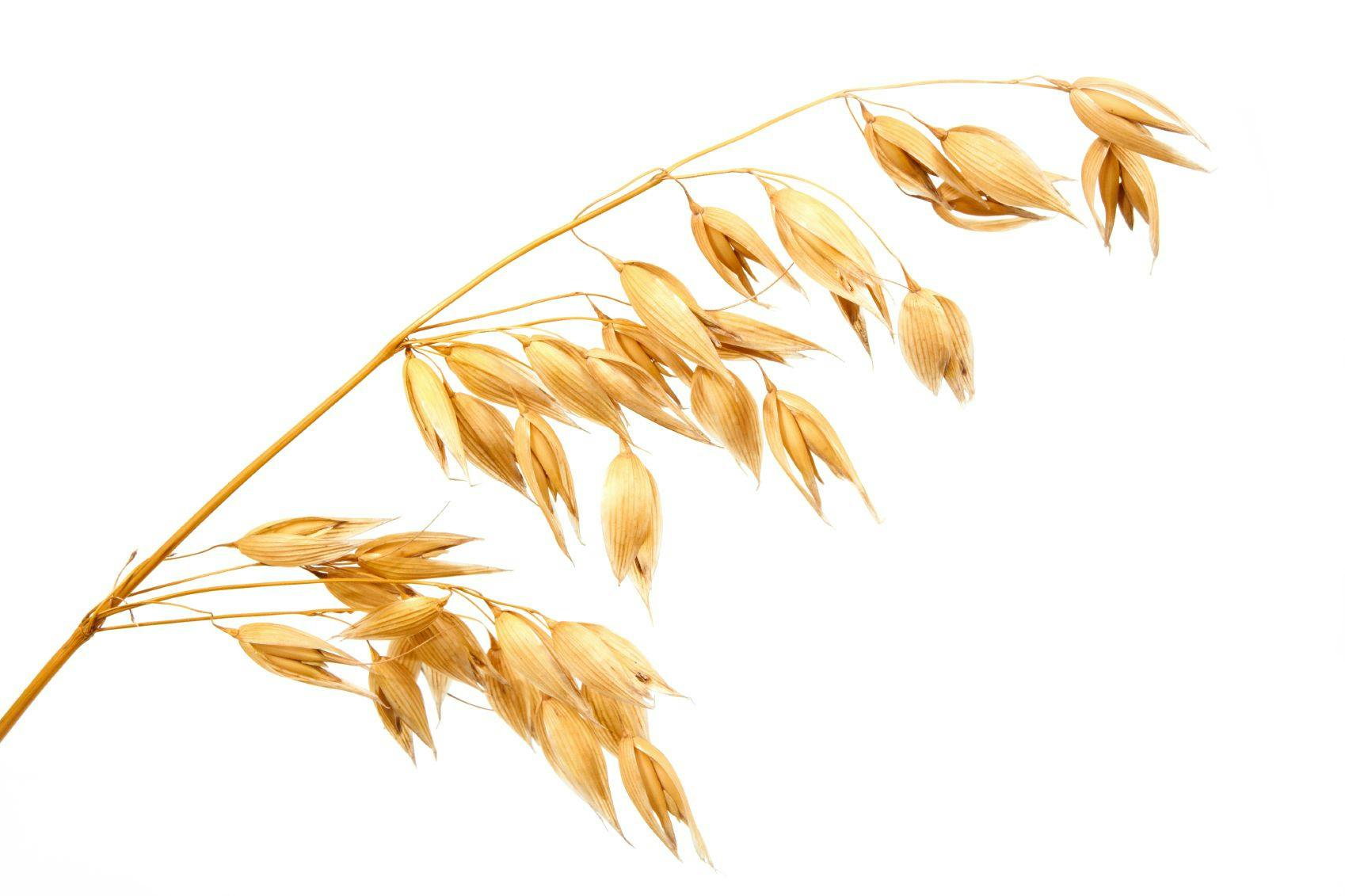SupplySide West: Pycnogenol, Post-Pregnancy
Pycnogenol arrives at SupplySide West with a new study under its belt. This one relates to varicose veins.

One of the original applications for Pycnogenol, today’s most famous pine bark extract, was in veinous health. A new study on women with varicose veins now puts the use of Pycnogenol for pregnancy back in focus.
Varicose and spider veins frequently occur in women (and towards their heels) immediately following pregnancy. For this trouble, there are compression stockings, but such garments can only provide a physical impediment to excessive blood flow downward.
In a recent study, 133 women wearing compression stockings for six months following pregnancy demonstrated significantly improved health parameters if they also consumed Pycnogenol daily. The extract was associated with significant reductions in number of varicose veins and visible clusters of spider veins. Self-reports of leg cramps also decreased significantly.
Pycnogenol supplier Horphag Research (Geneva) says what it learned from this study was that Pycnogenol can actually improve the tonality and elasticity of varicose veins. The study adds to an already strong number of studies on Pycnogenol for vein health. In 2006, researchers even found the pine bark extract to be more effective at reducing edema than the pharmaceutical drug Daflon.
While the market for veinous insufficiency may seem small in the United States, Horphag contends that it is already quite large in Europe. The latest study on Pycnogenol for varicose veins is now published in the International Journal of Angiology.
Robby Gardner
Associate Editor
Nutritional Outlook magazine
robby.gardner@ubm.com
Photo courtesy of Horphag Research.

Celebrating International Women's Day: Highlighting research on women's health and wellness, Part II
Published: March 7th 2025 | Updated: March 7th 2025To celebrate International Women's Day (March 8), Nutritional Outlook is putting the spotlight on women's health and wellness. In this compilation, we present recent research on pregnancy and menopause.












